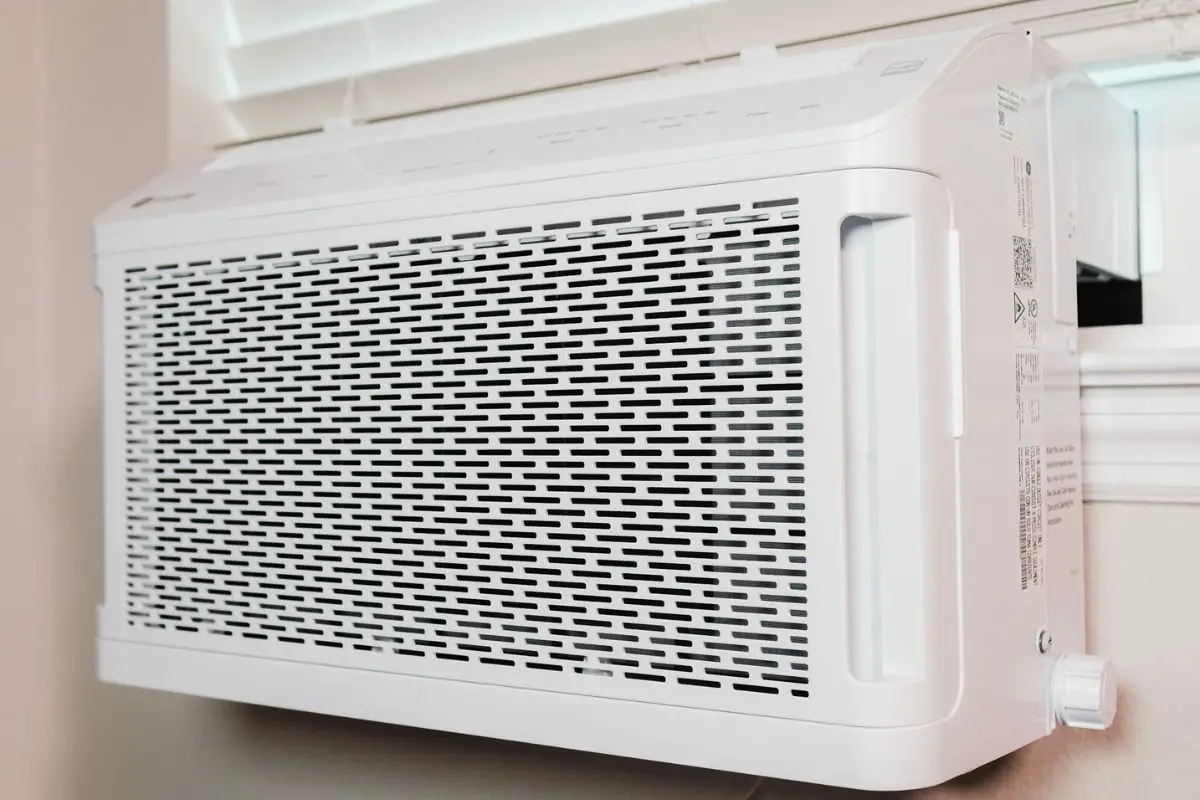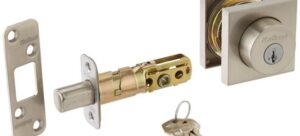Selecting the appropriate air conditioning system for your home is crucial to ensure optimal cooling and energy efficiency. Two common options are the 4-ton and 5-ton air conditioning units. In this comparison, we’ll explore the differences between them to help you make an informed decision for your cooling needs.
4-Ton AC
Cooling Capacity
A 4-ton AC unit has a cooling capacity of 48,000 British Thermal Units (BTUs) per hour. It’s suitable for cooling smaller to medium-sized homes and spaces. This size is often chosen for homes ranging from 1,600 to 2,400 square feet, depending on factors like insulation and climate.
Energy Efficiency
Smaller AC units, such as the 4-ton, can be more energy-efficient in homes where they match the cooling load. Using an appropriately sized unit helps avoid excessive cycling and energy wastage. Proper insulation and sealing are essential to maximize efficiency.
Cost
4-ton AC units are generally less expensive to purchase and install compared to larger units like the 5-ton. They may also consume less electricity, leading to lower operating costs in the long run.
5-Ton AC
Cooling Capacity
A 5-ton AC unit has a higher cooling capacity of 60,000 BTUs per hour. It’s suitable for larger homes or spaces, typically ranging from 2,400 to 3,000 square feet. This size is chosen to maintain consistent cooling in larger areas.
Energy Efficiency
While a 5-ton unit can effectively cool larger spaces, it may be less energy-efficient in smaller homes or when not running at full capacity. Over-sizing the AC unit can lead to short cycling and reduced energy efficiency.
Cost
5-ton AC units tend to be more expensive both in terms of upfront purchase and installation costs. Additionally, they may have slightly higher operating costs due to their larger capacity.

Factors to Consider
Home Size
The size of your home or space is a crucial factor. Determine the square footage you need to cool and match it with the appropriate tonnage. An HVAC professional can perform a load calculation to ensure the right size.
Climate
Consider your local climate. Hotter and more humid climates may require larger AC units to maintain comfort, while milder climates may be adequately served by a smaller unit.
Energy Efficiency Goals
If energy efficiency is a priority, choose a unit that matches your cooling needs without being excessively oversized. Proper insulation, sealing, and regular maintenance also contribute to efficiency.
Budget
Your budget plays a significant role in your decision. While a 4-ton unit may be more affordable upfront, a 5-ton unit may be necessary for larger spaces. Evaluate the long-term costs, including energy consumption.
Conclusion
The choice between a 4-ton and a 5-ton AC unit depends on factors like the size of your home, local climate, energy efficiency goals, and budget. It’s crucial to accurately assess your cooling needs to prevent over-sizing or under-sizing, both of which can lead to inefficiency and discomfort. Consulting with an HVAC professional can help you select the right unit and ensure efficient cooling for your space.
FAQs
1. What is the main difference between a 4-ton and a 5-ton air conditioner?
- The main difference is their cooling capacity. A 4-ton unit has a cooling capacity of 48,000 BTUs per hour, while a 5-ton unit has a capacity of 60,000 BTUs per hour. The 5-ton unit is larger and suitable for cooling larger spaces.
2. How do I determine which tonnage is right for my home or space?
- The size of your home or space, along with factors like insulation, climate, and cooling load, should be considered. It’s advisable to consult with an HVAC professional who can perform a load calculation to determine the appropriate tonnage.
3. What size of home is typically suited for a 4-ton AC unit?
- A 4-ton AC unit is often suitable for smaller to medium-sized homes, typically ranging from 1,600 to 2,400 square feet. However, the specific size can vary based on factors like insulation and climate.
4. In what situations is a 5-ton AC unit recommended?
- A 5-ton AC unit is recommended for larger homes or spaces, typically ranging from 2,400 to 3,000 square feet. It’s chosen to ensure consistent cooling in more extensive areas.
5. Are 4-ton AC units more energy-efficient than 5-ton units?
- The energy efficiency of an AC unit depends on proper sizing. If a 4-ton unit matches the cooling load of your space, it can be more energy-efficient than an oversized 5-ton unit. Efficiency is about choosing the right size for your specific needs.
6. Do 5-ton AC units cost more than 4-ton units?
- Yes, 5-ton AC units are generally more expensive both in terms of upfront purchase and installation costs. Additionally, they may have slightly higher operating costs due to their larger capacity.
7. Can I choose between a 4-ton and a 5-ton unit based on my budget alone?
- While budget is a consideration, it’s essential to choose the tonnage based on your cooling needs. Oversizing or undersizing can lead to inefficiency and discomfort, negating any potential cost savings.
8. Are there energy efficiency benefits to choosing the right tonnage for my AC unit?
- Yes, selecting the right tonnage ensures that the AC unit operates efficiently, avoiding issues like short cycling. Proper sizing contributes to energy efficiency and can lower long-term operating costs.
9. Can I upgrade my existing AC unit to a larger size if I find it’s not cooling my home adequately?
- It’s possible to upgrade to a larger AC unit if needed, but it’s essential to consult with an HVAC professional to assess your home’s cooling requirements and ensure that the existing ductwork and system can accommodate the larger unit.
10. How often should I have my AC unit serviced to maintain its efficiency?
- Regular maintenance is crucial to maintain efficiency. It’s recommended to have your AC unit serviced annually by a qualified HVAC technician. Regular cleaning, filter replacement, and inspections can help keep your system running smoothly.



